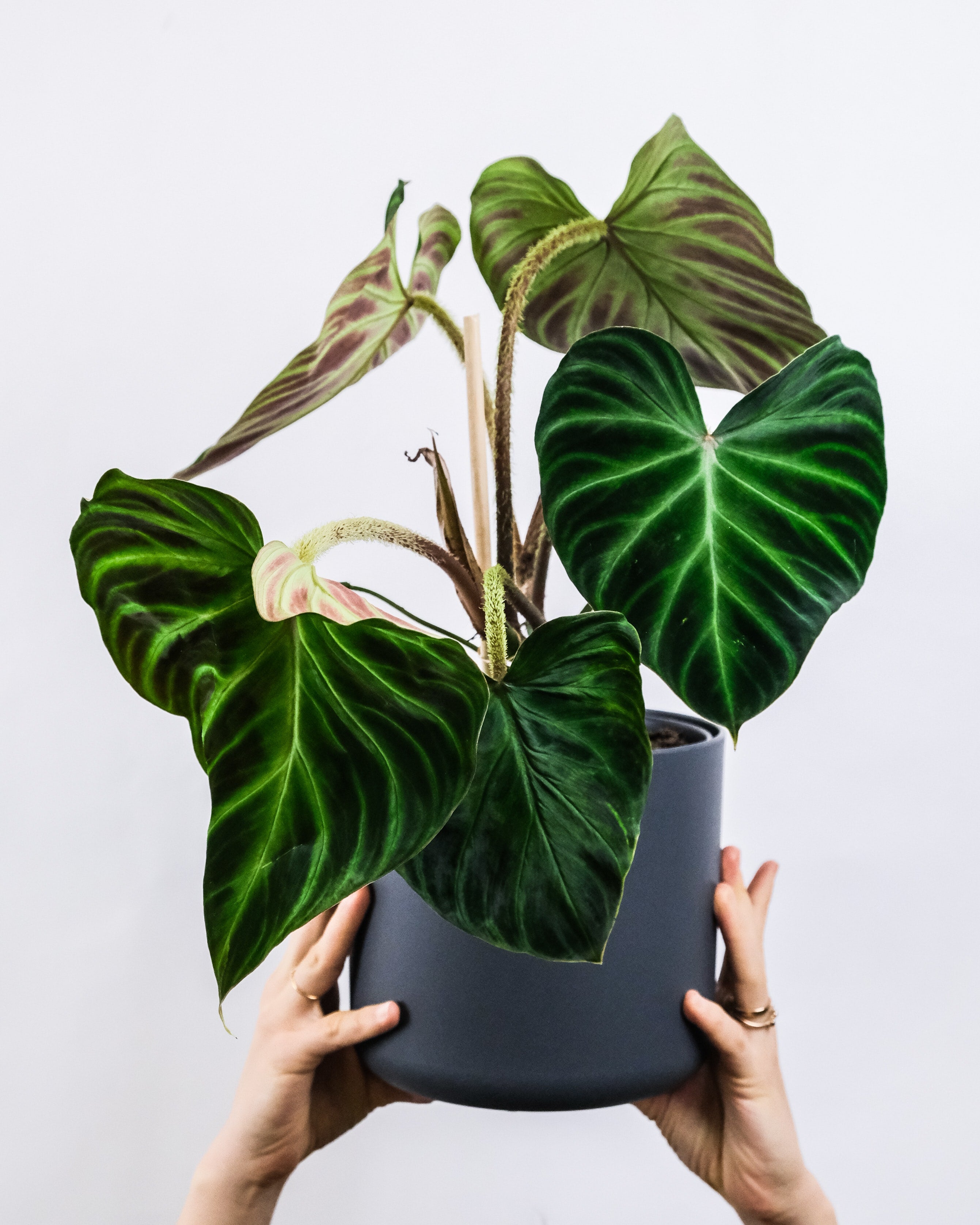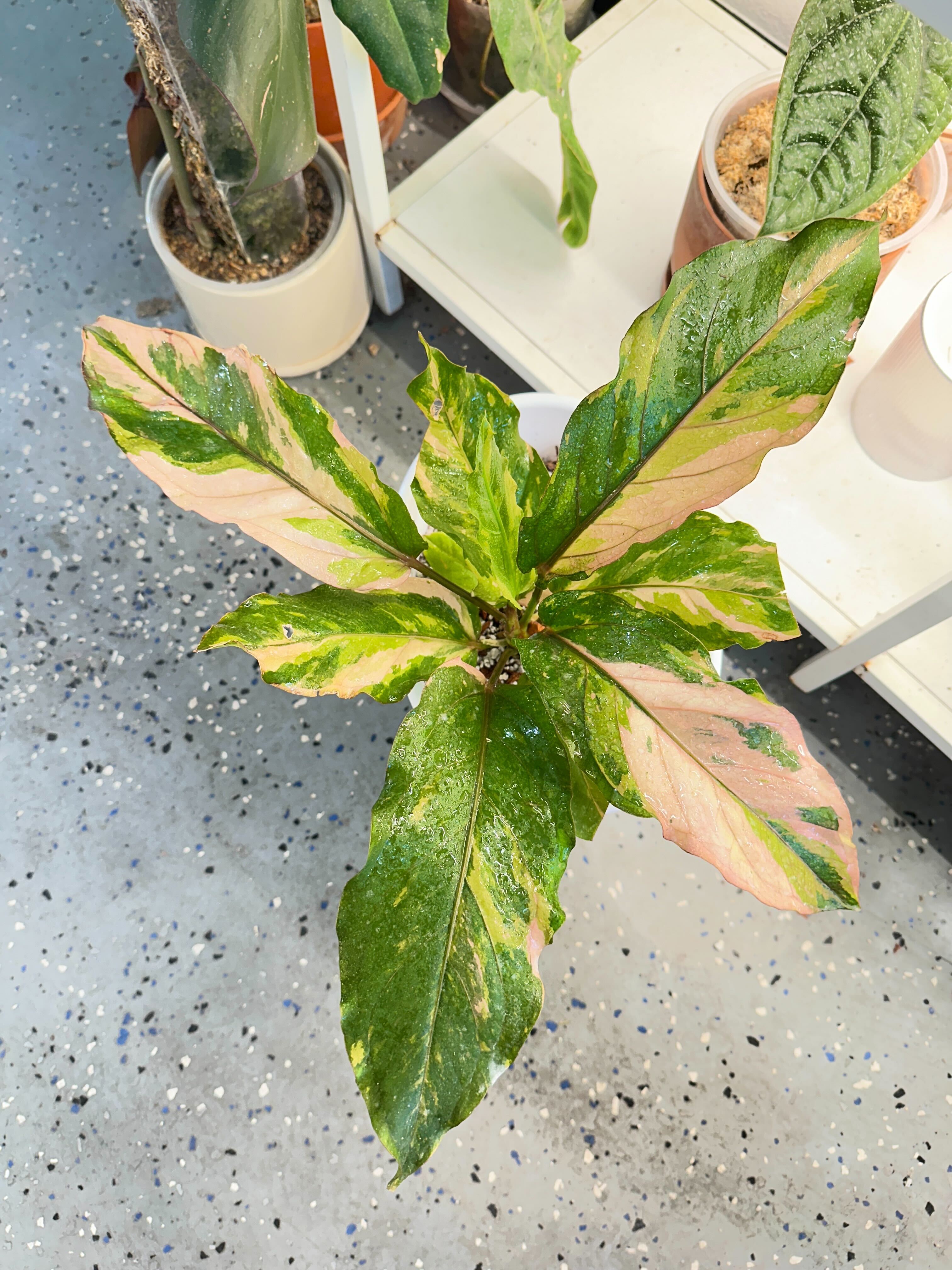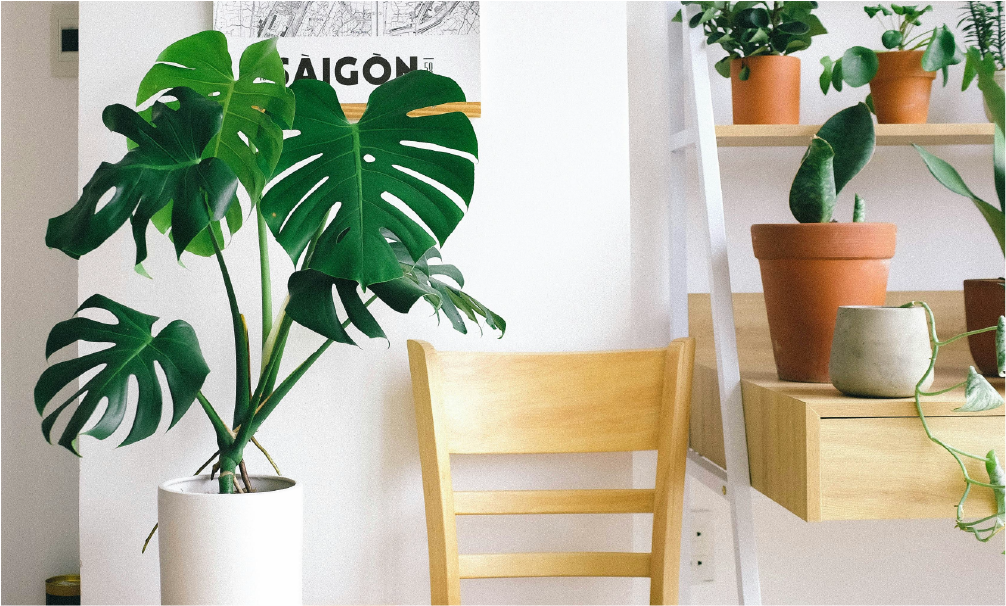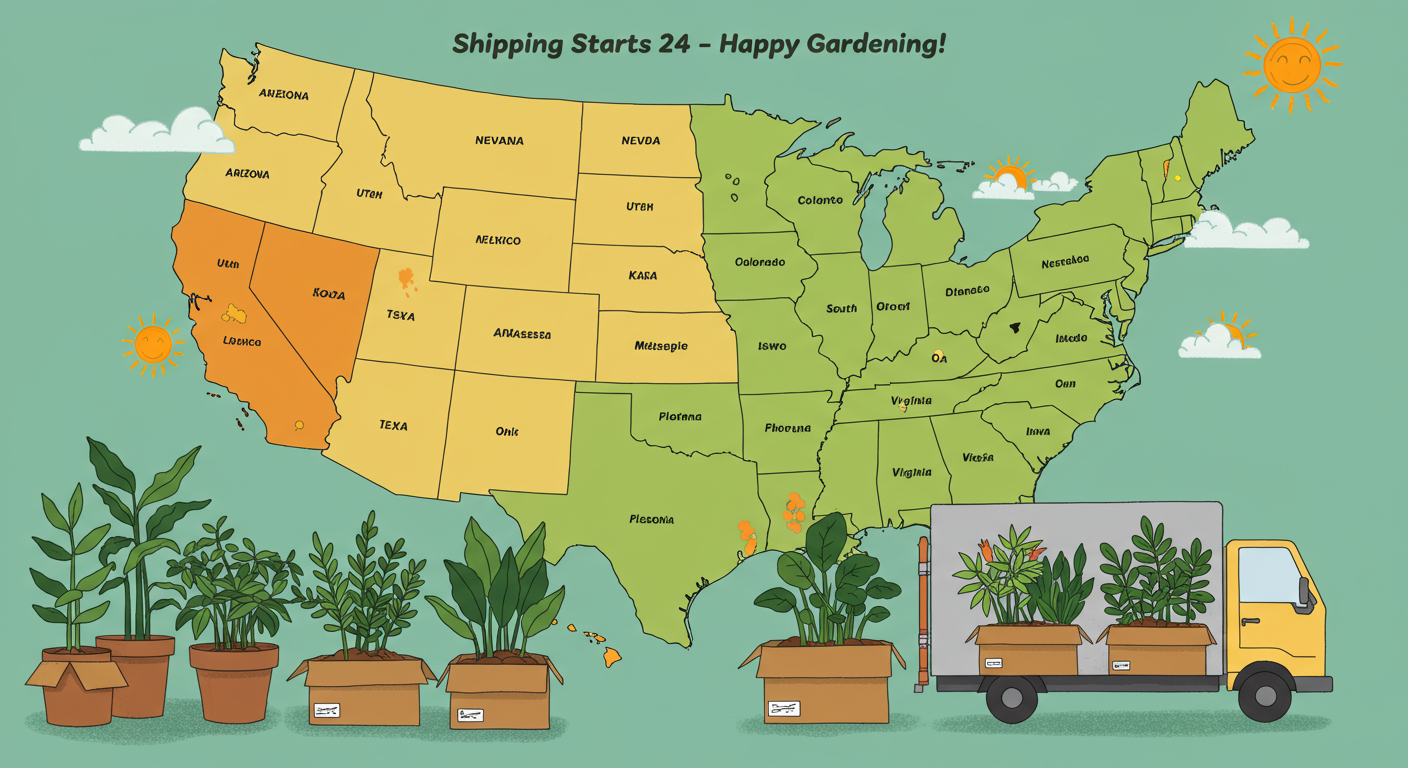Can Plants Recover from Overwatering?

Overwatering is a common mistake many plant owners make, especially those who are new to gardening. It's easy to assume that the more water a plant receives, the better it will grow. However, too much water can be detrimental to a plant's health and may even lead to its demise. In this article, we'll explore the effects of overwatering on plants, whether they can recover from it, and how to prevent overwatering in the first place.
Effects of Overwatering
When plants are overwatered, the excess water fills up the air pockets in the soil, depriving the roots of oxygen. This lack of oxygen can lead to root rot, a condition that causes the roots to become soft and mushy, making it difficult for them to absorb nutrients from the soil. Overwatering can also cause leaves to turn yellow or brown and drop prematurely. In severe cases, the plant may die.
Can Plants Recover from Overwatering?
Whether a plant can recover from overwatering depends on the severity of the damage. In mild cases, simply reducing the amount of water the plant receives can help it recover. However, if the roots have been damaged or if the plant has developed root rot, recovery may be more difficult. In such cases, it's important to remove the plant from the soil, trim off any damaged roots, and replant it in fresh, well-draining soil. It's also essential to ensure that the plant receives the appropriate amount of water going forward to prevent further damage.
Preventing Overwatering
Preventing overwatering is key to ensuring the health of your plants. The first step is to determine the watering needs of your plants. Some plants require more water than others, and factors such as the size of the pot, the type of soil, and the amount of sunlight the plant receives can all impact how much water the plant needs. As a general rule, it's best to water plants when the top inch of soil feels dry to the touch.
It's also important to use well-draining soil and containers with drainage holes to prevent water from accumulating in the soil. Adding a layer of rocks or gravel at the bottom of the pot can also help improve drainage. In addition, watering plants in the morning or evening when the sun is less intense can help reduce water loss due to evaporation.
Signs of Overwatering
Knowing the signs of overwatering can help you identify and address the issue before it's too late. Some common signs of overwatering include:
- Yellowing or browning leaves
- Wilting or drooping leaves
- Mold or fungus growth on the soil surface
- Foul odor from the soil
- Stunted growth
If you notice any of these signs, it's important to reduce the amount of water the plant receives and monitor its progress.
Conclusion
Overwatering can be a serious problem for plants, but with proper care and attention, they can recover from the damage. Knowing the signs of overwatering, preventing overwatering in the first place, and taking steps to address it when it occurs can help ensure the health and longevity of your plants.








Comments